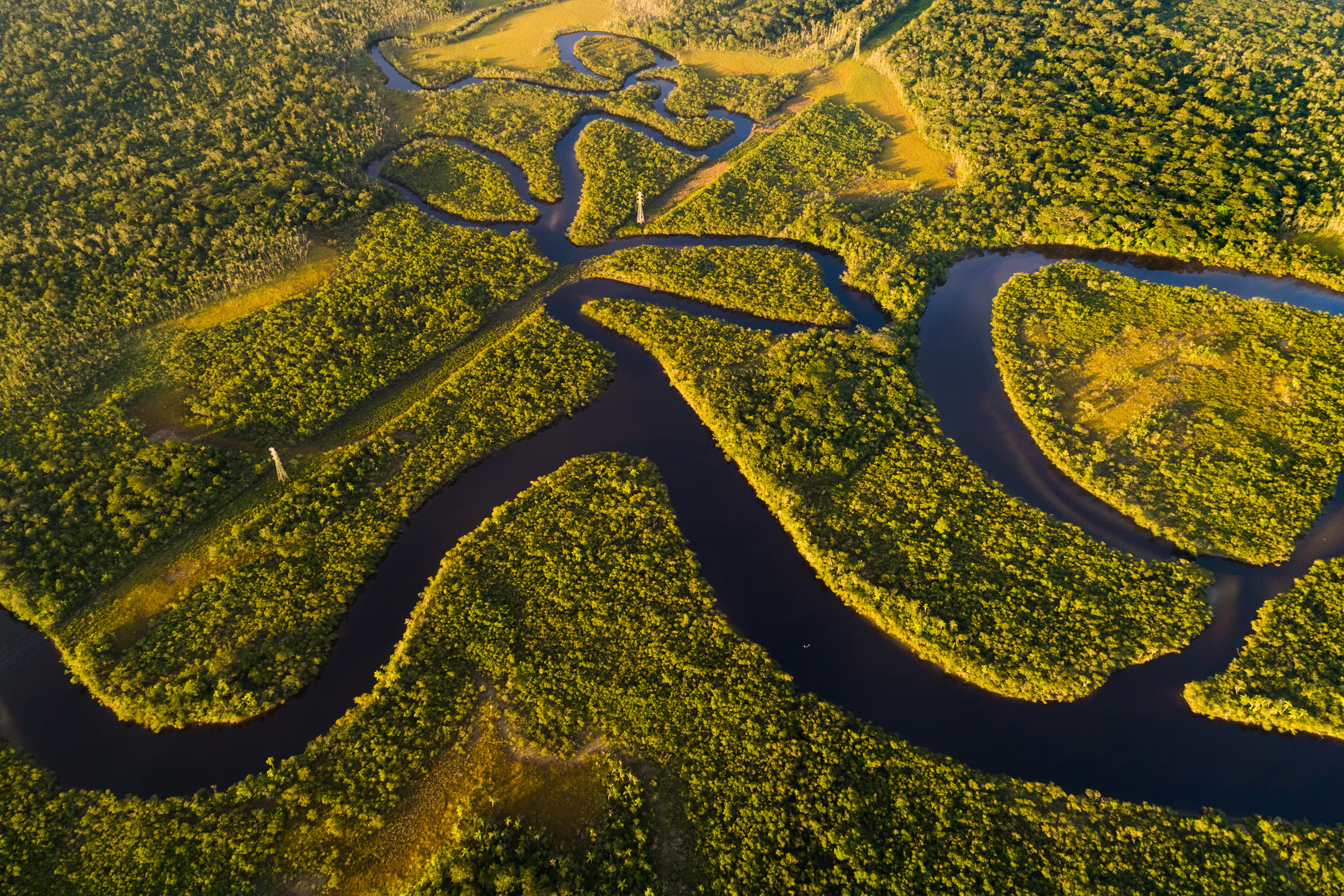News
Nature-based Solutions to keep global warming below 1.5°C

News | Nov 2021
In order to keep global warming below 1.5°C a significant contribution from Nature-based Solutions is both necessary and possible. But this requires strong safeguards and finance: new report by UNEP and IUCN
Analysing scientific literature, the report by UNEP and IUCN finds that nature-based solutions (NbS) can deliver emission reductions and removals of at least 5 gigatons of CO2 per year by 2030, and at least 10 gigatons by 2050 on a conservative basis. The report highlights that this contribution from nature, in addition to the rapid decarbonisation of the global economy, can play a significant role in reaching the Paris Agreement goal of limiting global warming to below 1.5°C. To fulfil this potential, NbS require additional funding and must be implemented according to strict standards.
The new report, 'Nature-based solutions for climate change mitigation', authored by experts from the United Nations Environment Programme (UNEP), the International Union for Conservation of Nature (IUCN) and the UN Environment Programme World Conservation Monitoring Centre (UNEP-WCMC), analyses and summarises existing peer-reviewed literature and other published sources on the potential of nature-based solutions to contribute to reducing greenhouse gas emissions and removing carbon from the atmosphere.
Nature-based solutions (NbS) can deliver emission reductions and removals of at least 5 gigatons of CO2 per year by 2030
NbS that can help mitigate climate change include actions to protect natural ecosystems from loss and degradation, restore ecosystems that have been degraded, and more sustainably manage working lands such as fields and managed forests.

Interpreting the existing scientific evidence cautiously, and taking into account associated uncertainties as well as the time needed to deploy safeguards, the report finds that by 2030, nature-based solutions implemented across all ecosystems can deliver emission reductions and removals of at least 5 GtCO2e per year, with a maximum estimate of 11.7 GtCO2e per year. By 2050, this rises to at least 10 GtCO2e per year, of a maximum estimate of 18 GtCO2e per year.
The largest share of this contribution (circa 62 per cent) is estimated to come from nature-based solutions related to forests, with circa 24 per cent from solutions in grasslands and croplands, and 10 per cent from additional solutions in peatlands. The remaining 4 per cent will come from solutions implemented in coastal and marine ecosystems.
For nature-based solutions to deliver their potential benefits, they will have to be implemented fairly and equitably, upholding the rights of indigenous peoples and local communities, and in a way that respects strict social and environmental safeguards to avoid harm, for instance through adherence to the IUCN Global Standard for Nature-based Solutions.
The contribution from nature-based solutions needs additional finance. This will require action by and close coordination between both public and private actors. It is essential that where the private sector purchases nature-based solutions offsets as part of their pathways to achieve net zero, these offsets not only be in accordance with social and environmental safeguards, but that they form a small part of a mitigation strategy focused primarily on deep decarbonisation. The development of rules and guidance in this area is now underway.
One example of such an effort is the Green Gigaton Challenge (launched in November 2020 by UNEP, UN-REDD, Emergent, Forest Trends, Environmental Defense Fund and Architecture of REDD+ Transactions) to mobilize resources to finance one gigaton of high-quality emission reductions from forests by 2025 through a coalition of private and public sector actors as well as civil society.
While the report’s focus is on the significance of the role of nature-based solutions in climate mitigation, it also highlights that, when done well, these can deliver other critical benefits, including for climate change adaptation and biodiversity conservation. It also stresses that nature-based solutions must not be seen in isolation. Achieving the Paris Agreement goal will require, above all, a rapid, ambitious and sustained abatement of fossil fuels and other industrial emissions, as called for by the latest science. The UN Decade on Ecosystem Restoration, which has the aim to prevent, halt and reverse the degradation of ecosystems worldwide between 2021 and 2030, will provide vital support and coordination to the transparent scaling up of Nature-based Solutions.
Nature-based solutions for climate change mitigation is published 5th of November 2021 by UNEP and IUCN.
Have a query?
Contact us
communications@unep-wcmc.org
